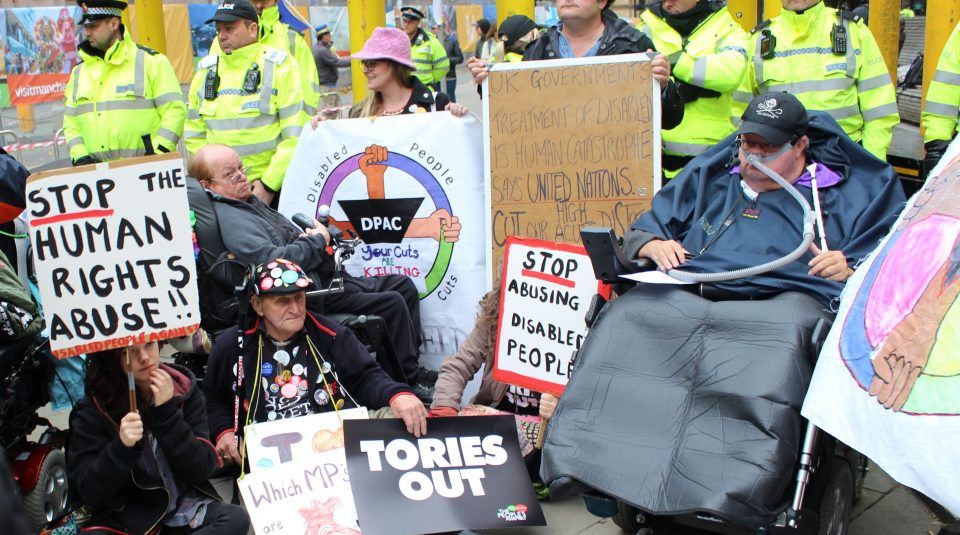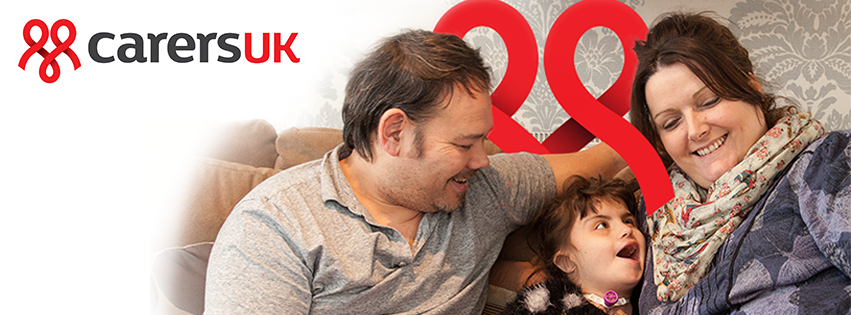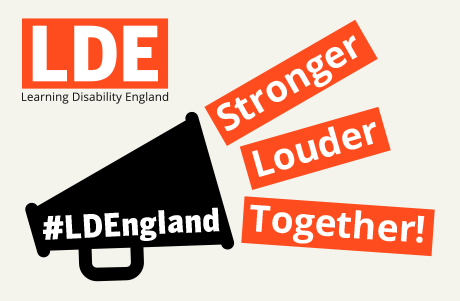The Coronavirus Bill received Royal Assent on the 25th March, having been fast-tracked through parliament in just four sitting days. It gives the government further powers to slow the virus and aims to reduce the administrative burden on public services. The bill will be reviewed every six months but is set to be in effect for two years.
Several human rights organisations, including Amnesty International, the UN and Disability Rights UK, have criticised its many worrying omissions, which will affect refugees, vulnerable women and children, our elderly, and those with additional needs.
I have been working with people with additional needs and their families for several years now. This is a resilient, caring and creative community, familiar with isolation and scarce resources.

Loosening the duty of local authorities
Under the Care Act (2014), local authorities have a duty to meet vulnerable people's care needs. This hard-won Act entitles many to vital support, such as paying for care-workers and important healthcare provisions. These are unlikely to be suspended under the Cornovirus legislations but some formal processes around these provisions, such as reviews and assessments, likely will be, limiting access to appropriate support.
The Coronavirus Bill prioritises “easing the burden on frontline staff – by reducing the number of administrative tasks they have to perform.” The extent of this is only made clear in the Government’s Impact Assessment: - local authorities will not be required to meet all eligible assessed needs as specified under the Care Act 2014.
Legal advice charity CASCAIDr has expressed serious concern that “This is a recipe for turning social care into a dogfight for resources, determined by the principle ‘S/he who shouts loudest gets the services.”
Overworked unpaid carers
Carers, often unpaid family members, offer essential support for many with complex needs. Helen Walker, chief executive of Carers UK, said “Unpaid carers will be under huge stress, taking extra precautions and going above and beyond what they normally do to ensure their loved ones are safe. If they are not clearly recognised and supported during this emergency then more people will become unwell and need support.” The suspension of processes around the provisions for these families will serve to make an already isolated and overworked group even more isolated.
The real concern is that changes to the workings of social services may continue once the emergency has receded. Given the current government’s record for cutting funding to our social services we should be concernced. If the assessments and reviews of social care provision cannot take place for an extended period of time many people will suffer from lack of appropriate support. When unpaid carers overwork themselves in a time a crisis, the government may argue that certain social care provisions, such as paid care-workers, are not necessary. We must be vigilant against how long these measures are held in place for and how necessary these social care provisions are.

Isolation in residential settings
Many residential settings were underfunded and understaffed before the virus, with cases of abuse and neglect on the rise. Lockdown will increase the likelihood of malpractice, as social workers, family members and GPs will be unable to access vulnerable groups.
Due to the emphasis on the importance of keeping people out of hospitals and critical care beds, some GPs may also advise that vulnerable people will be safer in residential settings, in doing so denying them important critical respiratory care.
Lack of proper personal protective equipment
The lack of PPE provision for care-workers means vulnerable people can't access safe care, contributing to significant deaths in care homes. Those with PMLD (Profound and Multiple Learning Difficulties) are likely to be vulnerable to infection due to complex health needs, increasing the pressure on unpaid carers who may feel unsafe employing care-workers.

Discrimination
There are also concerns about the treatment of people with additional needs in critical care. I have spoken to parents of children with PMLD who have had their child’s quality of life repeatedly brought into question by clinicians and have been asked whether they want their child to be resuscitated or not. We all, the PMLD community included, owe a lot to the NHS - but for vulnerable people, there is a deep fear: an overstretched health service may have to make very difficult decisions about who gets priority over limited health care resources. The lives of others may be valued over the lives of our loved ones with more complex needs.
Legislation such as the Coronavirus Bill undermines the value of people with additional needs. This furthers institutionalised discriminations within health and social care services based on societal assumptions about the quality of life people with complex needs have. I should not have to defend the value of these people to you, but I think it right to say now that some of the people that I love the most are within this community, that my life has been vastly improved by friendships with people with additional needs and their families, and that I have seen an unmatched enjoyment of life in these people.
As Disability Rights UK state “Rather than removing disabled people’s right to social care support, the government must treat our essential social care service as key infrastructure, alongside the NHS, and as such it must immediately provide the necessary funding to keep this vital service running.”
It is vital that, from lockdown, we can remain a community: holding the government accountable and ensuring that the measures set out in the Coronavirus Bill do not continue after the emergency. Together we can advocate for all human life to be recognised as valuable.
We must remember and respect the lives lost to this crisis and honour the beat-down services that continue to do their best to save us - the NHS, our social services - the best way we can: by campaigning for policies and parties that value them.

Further information
(You can view any decisions made about the Care Act on local council websites. As, before easements of the Care Act can be implemented, each local authority will have to set out specific plans for local protocol which will then need to be signed off by the council cabinet.)
Resources for caring for people with PMLD in the health care system
CASCAIDr (Centre for Adult’s Social Care – Advice, Information and Dispute resolution) offer legal advice on the social care system and currently have a page on staying calm despite the bill.

